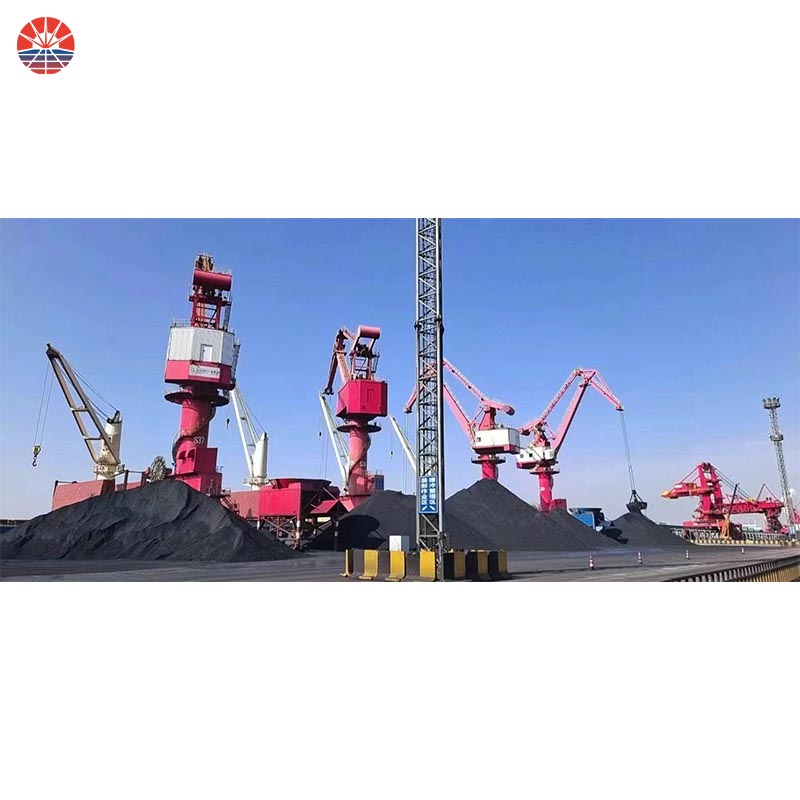The Usage Of Petroleum Coke In Power Plants
The use of petroleum coke (petcoke) in power plants is a controversial topic due to its environmental impact and potential health concerns. Petcoke is a carbon-rich solid material that is produced as a byproduct of the oil refining process. It is sometimes used as a fuel source in power plants, particularly in regions where it is economically attractive or readily available. Here are some key points to consider regarding the use of petcoke in power plants:
Advantages:
High Calorific Value: Petcoke has a high energy content, which means it can produce a significant amount of heat and electricity when burned.
Cost-Effectiveness: In some cases, petcoke can be cheaper than other fuel alternatives, such as coal or natural gas, making it appealing for power generation, especially in regions with abundant petcoke supplies.
Utilization of Refinery Byproduct: Petcoke is a byproduct of the oil refining process, and using it as a fuel in power plants provides a value-added use for this material that might otherwise be disposed of as waste.
Lower Sulfur Content: Compared to coal, petcoke generally has lower sulfur content, which can help reduce sulfur dioxide (SO2) emissions when used as a partial substitute for coal.
The benefits of using petroleum coke in power plants
Using petroleum coke (petcoke) in power plants offers several benefits, which have led to its adoption in some regions as a supplementary fuel source alongside coal or natural gas. However, it's important to note that the use of petcoke also comes with environmental and health concerns, and its benefits need to be balanced against these drawbacks. Here are some of the benefits:
High Calorific Value: Petroleum coke has a high calorific value, which means it provides a lot of heat energy when burned. This makes it an efficient fuel for power generation, as it can produce a significant amount of electricity per unit of fuel.
Cost-Effective: Petcoke is often cheaper than other fossil fuels like coal and natural gas. Power plants that can access petcoke at a lower cost may find it economically advantageous to use it as a fuel source, reducing their operating expenses.
Stable and Reliable Supply: As a byproduct of the oil refining process, petcoke availability is closely tied to crude oil refining. This means that its supply tends to be relatively stable, making it a dependable fuel source for power plants.
Lower Sulfur Content: Compared to some grades of coal, petroleum coke generally has a lower sulfur content. Burning petcoke can help reduce sulfur dioxide (SO2) emissions, which are a major contributor to acid rain and air pollution.











